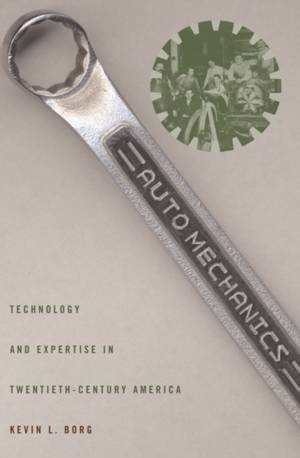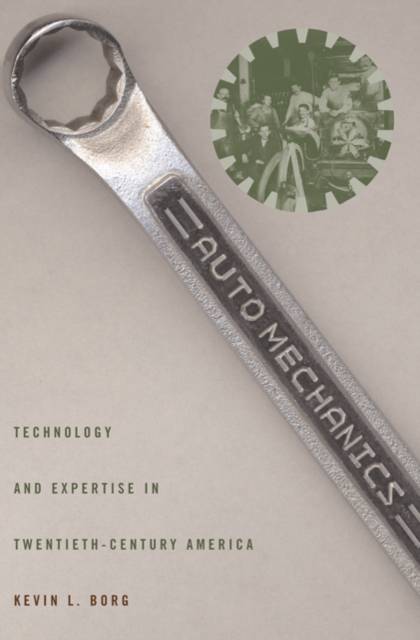
- Retrait gratuit dans votre magasin Club
- 7.000.000 titres dans notre catalogue
- Payer en toute sécurité
- Toujours un magasin près de chez vous
- Retrait gratuit dans votre magasin Club
- 7.000.0000 titres dans notre catalogue
- Payer en toute sécurité
- Toujours un magasin près de chez vous
Description
The history of automobiles is not just the story of invention, manufacturing, and marketing; it is also a story of repair. Auto Mechanics opens the repair shop to historical study--for the first time--by tracing the emergence of a dirty, difficult, and important profession.
Kevin L. Borg's study spans a century of automotive technology--from the horseless carriage of the late nineteenth century to the "check engine" light of the late twentieth. Drawing from a diverse body of source material, Borg explores how the mechanic's occupation formed and evolved within the context of broad American fault lines of class, race, and gender and how vocational education entwined these tensions around the mechanic's unique expertise. He further shows how aspects of the consumer rights and environmental movements, as well as the design of automotive electronics, reflected and challenged the social identity and expertise of the mechanic.
In the history of the American auto mechanic, Borg finds the origins of a persistent anxiety that even today accompanies the prospect of taking one's car in for repair.
Spécifications
Parties prenantes
- Auteur(s) :
- Editeur:
Contenu
- Nombre de pages :
- 280
- Langue:
- Anglais
- Collection :
Caractéristiques
- EAN:
- 9780801894855
- Date de parution :
- 20-05-10
- Format:
- Livre broché
- Format numérique:
- Trade paperback (VS)
- Dimensions :
- 150 mm x 226 mm
- Poids :
- 385 g

Les avis
Nous publions uniquement les avis qui respectent les conditions requises. Consultez nos conditions pour les avis.






